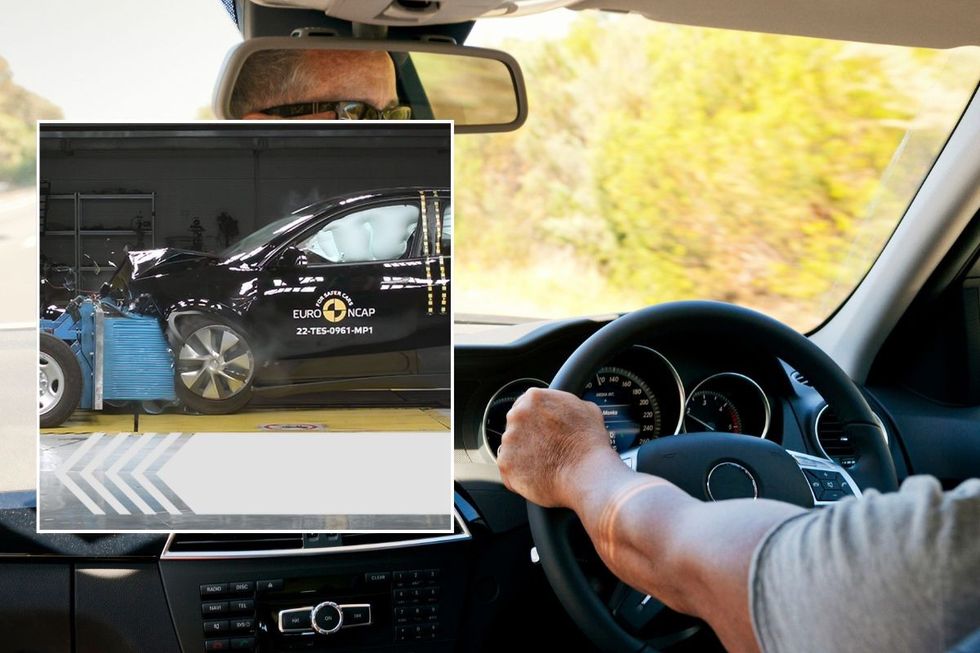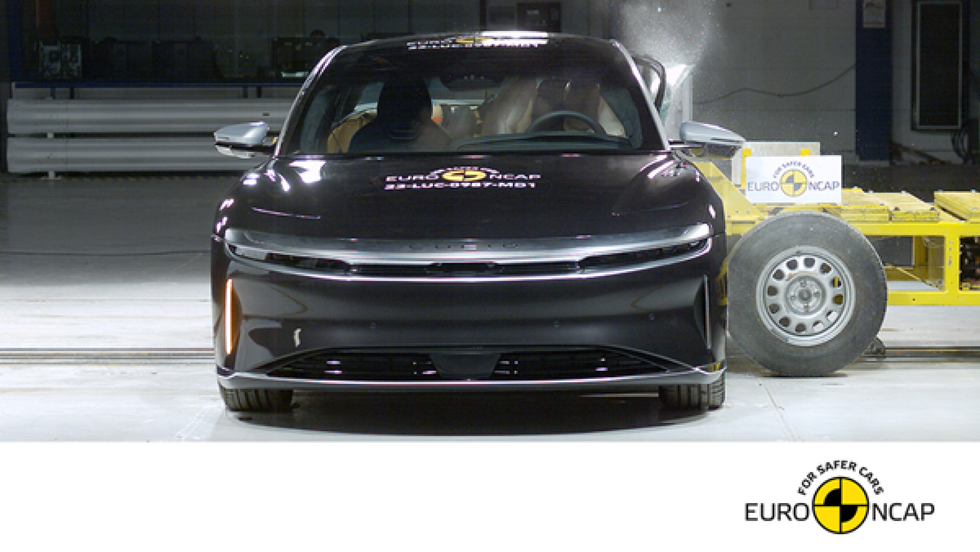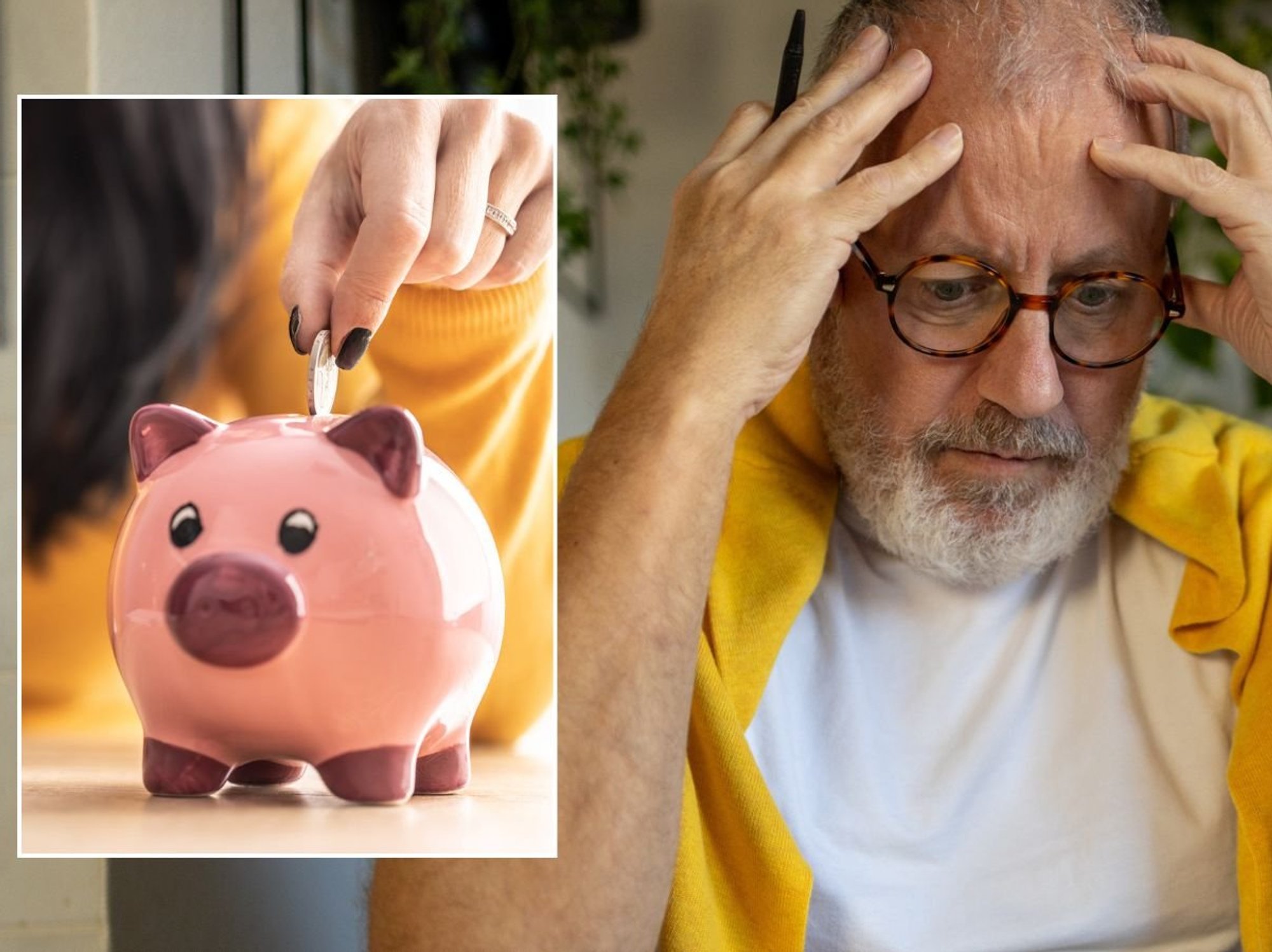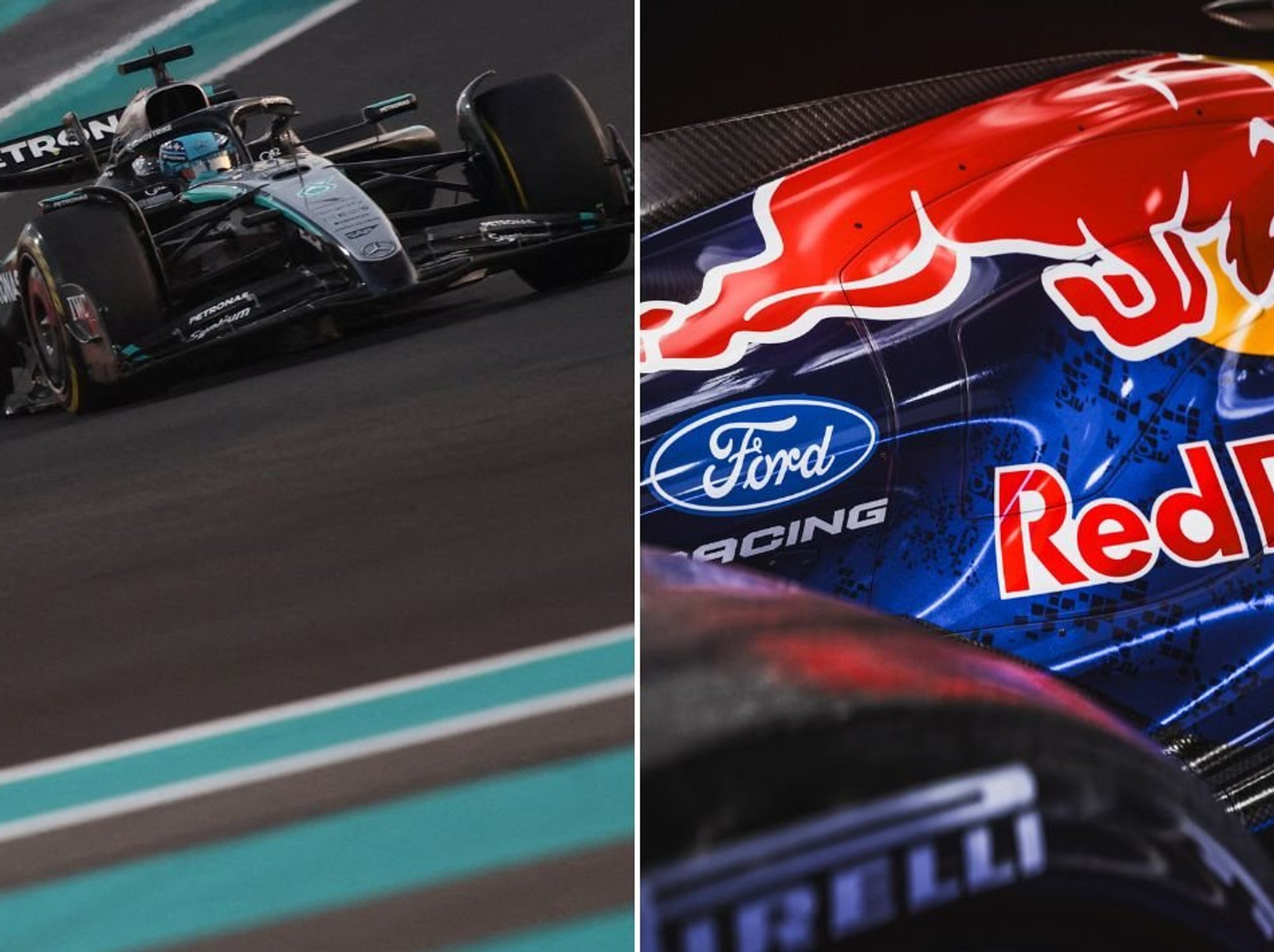Major car brands face fresh safety testing rules next year in huge victory for motorists

The new rules aim to assess how vehicles deal with real-life scenarios
Don't Miss
Most Read
New safety rules are being rolled out to ensure that all major manufacturers adhere to standardised laws to protect motorists, with the update launching next year.
The European New Car Assessment Programme (Euro NCAP) will be updated next year to include new rules to boost four key "pillars of safety".
As part of the update, many safety tests will be factored into four new categories, including safe driving, crash avoidance, crash protection, and post-crash safety.
At present, new cars are tested against the Euro NCAP Assisted Driving Grading assessment, which evaluates how automated systems are included by major car brands.
Do you have a story you'd like to share? Get in touch by emailing motoring@gbnews.uk

Euro NCAP is set to overhaul its crash safety testing standards next year
|EURO NCAP/GETTY
The most recent tests found that the Kia EV3, Porsche Macan, Renault 5 and Toyota bZ4X all scored highly, while the Tesla Model S and Volvo EX30 were found "wanting in other areas".
The 2026 update of Euro NCAP tests will analyse vehicles and how well they can prepare for an accident, and take steps beforehand to avoid one.
Safe driving will be one of the most critical facets of the new update by strengthening its assessments of driver monitoring assessments.
According to Auto Express, cars looking to get an impressive score will require "real-time eye and head tracking", rather than sensors to detect whether there are hands on the steering wheel.

Euro NCAP clarified that the five-star rating system will remain valid in 2026
|EURO NCAP
In the recent round of testing, the Porsche Macan was deemed to have a "very good" five-star rating with an 85 per cent grade of assistance competence and 92 per cent for safety backup.
Adriano Palao, technical manager of AD/ADAS at Euro NCAP, said the safe operation of Assisted Driving systems can only be achieved if motorists understand their role in operating the system and are aware of its limitations.
The 2026 update will also more thoroughly test collision-avoidance systems like steering assist and automatic emergency braking.
Speaking to Auto Express, Palao highlighted that Euro NCAP wanted to introduce realistic crash scenarios, but accepted that there was "still room for improvement".
LATEST DEVELOPMENTS:
Crash protection will also become a more prominent feature with a wider focus on providing safety features for a varying group of occupants, including older drivers and young passengers.
The updated testing guidance is also expected to assess how the vehicle can react to a situation where it rolls over and how occupants can be better protected.
Palao added: "We started robustness activity around two and a half years ago, as we were keen to understand how sensitive our testing was to small changes.
"That led us to understand that some vehicle manufacturers were actually sub-optimising their systems to perform well in our tests, and not in real-world situations."
The Mercedes-Benz E-Class was ranked as one of the best in class cars of 2024, scoring at least 84 per cent on all rating awards. Other recommended cars include the Volkswagen Passat, Skoda Superb, ZEEKR X and Mazda CX-80.
As part of the 2025 rankings, a number of electric vehicles were awarded five stars for safety, such as the Tesla Model 3, Polestar 3, BYD Sealion 7 and the Kia EV3.
In 2021, the Renault Zoe received an unprecedented zero-star rating, having scored just 14 per cent on the safety assist tests.
This was put down to a lack of rear airbags, poor protection for adult occupants, and unimpressive results recorded on the windscreen pillars.











